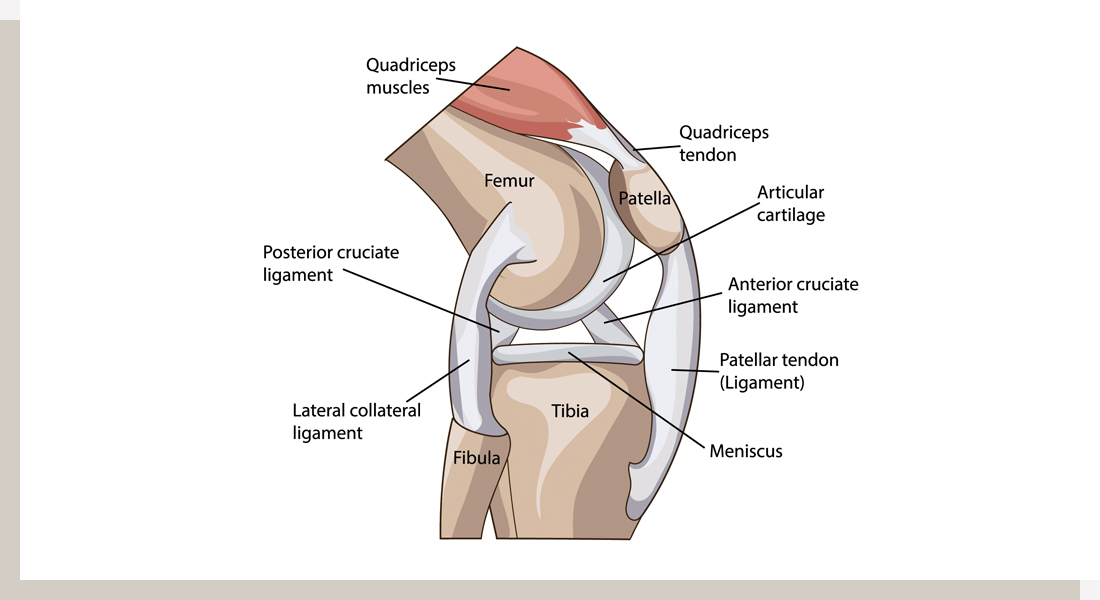Knee
Orthopedic Knee Surgery in Illinois, New Jersey, and Philadelphia.
LALL Orthopedics + is one of the leading orthopedic practices in US with offices in Illinois, New Jersey, and Philadelphia. Our team specializes in the diagnosis and treatment of knee conditions and injuries. Knee injuries can be debilitating and prevent you from participating in your active everyday life. We offer advanced and comprehensive orthopedic care for patients of all ages and activity levels with knee pain and injuries. From knee injuries such as knee instability and meniscus tears, we can help. Learn more about specific knee conditions and our treatments by selecting the appropriate page.
Common conditions treated
- ACL Injuries
- Chondral Defect Knee
- Knee Arthritis
- Knee Tendinitis
- Hamstring Tears
- Lateral Collateral Ligament (LCL)
- Medial Collateral Ligament (MCL)
- Meniscus Injuries
- Multi-Ligament Knee Injuries
- Patellar Tendon Tears
- Patellar/Knee Cap Instability
- Posterior Cruciate Ligament (PCL)
- Quadriceps Tendon Tears
Knee Anatomy
The knee is one of the largest and most complex joints in the body. The knee joins the thigh bone (femur) to the shin bone (tibia). The smaller bone that runs alongside the tibia (fibula) and the kneecap (patella) are the other bones that make the knee joint. Tendons connect the knee bones to the leg muscles that move the knee joint. Ligaments join the knee bones and provide stability to the knee:
- The anterior cruciate ligament prevents the femur from sliding backward on the tibia (or the tibia sliding forward on the femur).
- The posterior cruciate ligament prevents the femur from sliding forward on the tibia (or the tibia from sliding backward on the femur).
- The medial and lateral collateral ligaments prevent the femur from sliding side to side.
- Two C-shaped pieces of cartilage called the medial and lateral menisci act as shock absorbers between the femur and tibia. Numerous bursae, or fluid-filled sacs, help the knee move smoothly.
Knee Anatomy Video


